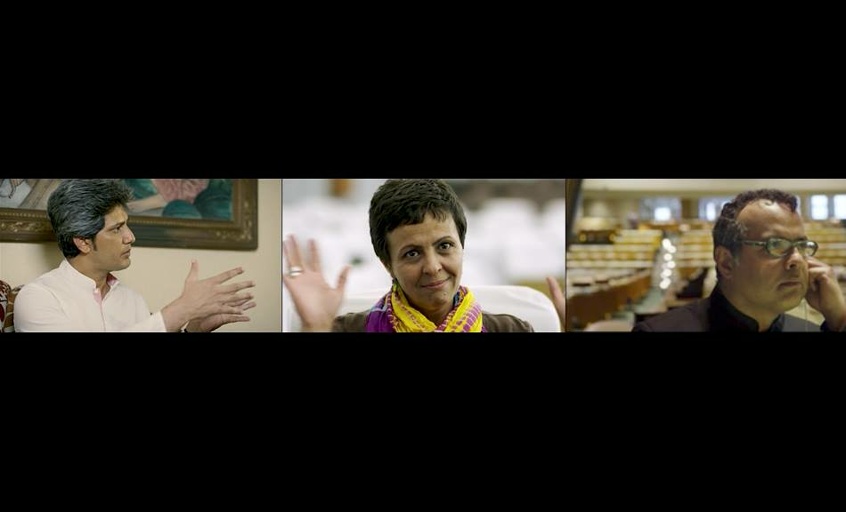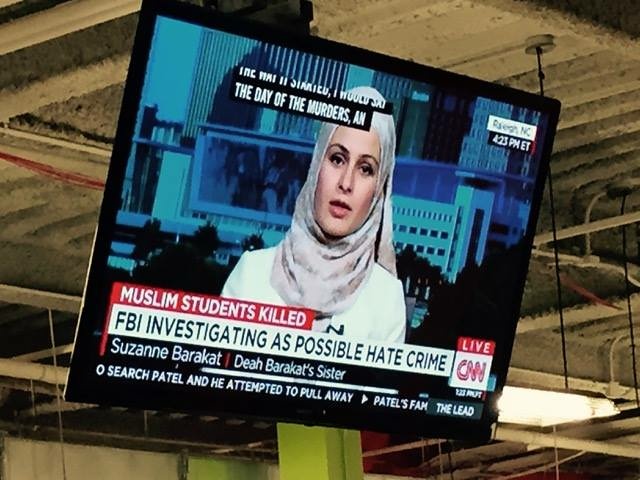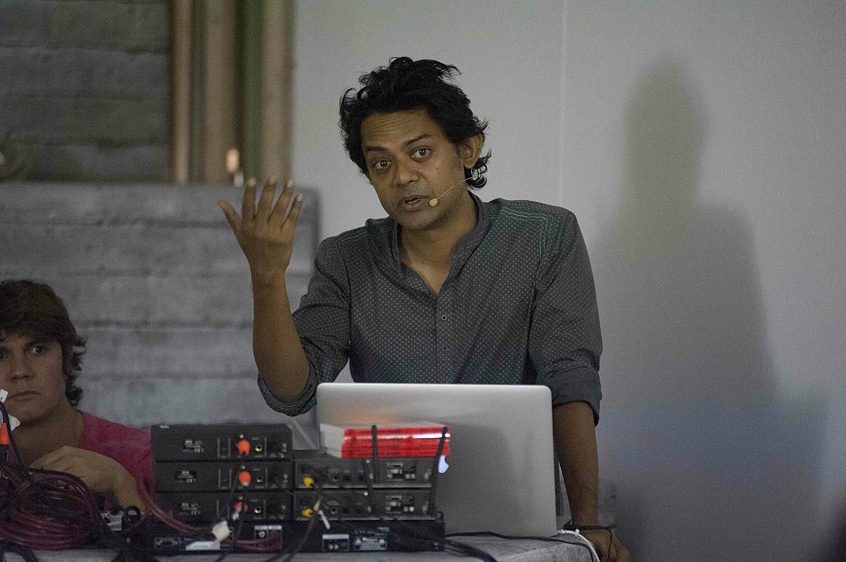In Naeem Mohaiemen’s practice as an artist and writer, protagonists are figured as a means of mobilizing inquiries into the fabric of what Samuel Moyn termed “global history,” building a meta-archive. Born in London in 1969, his projects explore the intersecting regional histories of South Asia and its leftist uprisings, the 1971 Bangladesh Liberation War, and the role of misrecognition within global solidarity. They are narrated via a personally invested dramaturgy, which incorporates family annotations and popular culture in its reflections on history. His protagonists might be categorized as “support acts” in the unspooling reel of official chronicles: revolutionaries, novelists, double agents, martyrs, theorists.
From 2001 to 2006, Mohaiemen was part of Visible Collective, composed of artists, activists, and lawyers addressing the impact of racial profiling, the “no-fly list,” deportation, and paranoid security measures on the Muslim underclass in the post-9/11 United States. The artist continues to ask what it means to be a willing or accidental witness to key episodes of modernity. In Afsan’s Long Day (The Young Man Was, Part II) (2014), photographs, footage, and the artist’s voice-over, together with leftist journalist and intellectual Afsan Chowdhury’s diaristic account of the 1970s, bleed into reflections on the Baader-Meinhof gang. Abu Ammar Is Coming (2016) asks how to reconfigure a map of affinity and revolutionary action while observing photographic “evidence” of Bangladeshi freedom fighters aiding the PLO in early-1980s Beirut, an immersive encounter in what the artist calls “the after of the already too late.” These provide cues for Two Meetings and a Funeral (2017), presented in Kassel as part of documenta 14, which examines how political collectivities such as the Non-Aligned Movement (NAM) and the Organization of Islamic Cooperation (OIC) reinscribe, instead of puncturing, power relations in newly independent nation-states. Mohaiemen and his protagonist, historian Vijay Prashad, traverse the UN building in New York and the streets of Algiers, the scene of a historic 1973 NAM summit.
In United Red Army (The Young Man Was, Part I) (2012), a televised hostage crisis aboard hijacked flight JAL 472, stranded on the tarmac in Dhaka, unfolds as a series of communiqués on revolutionary violence. Tripoli Cancelled (2017), presented in Athens, considers another form of alienation at an airport. It is based on a real incident, when the artist’s father was stranded inside Athens airport. His confinement is a metonym for suspension outside national borders, and the uncertainty of what awaits. The film builds a choreography of estrangement through daily routines marked by humor, resilient imagination, and affect.
—Natasha Ginwala






